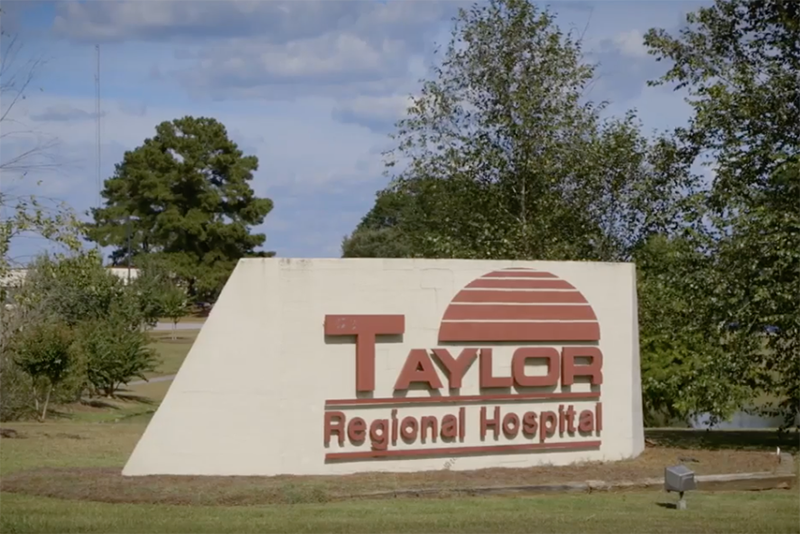Under the Affordable Care Act, nonprofit hospitals are required to conduct a Community Health Needs Assessment (CHNA) every three years in order to keep a nonprofit 501(c)(3) designation from the Internal Revenue Service. These CHNA reports identify community health problems and needs, as well as community assets and resources.
Using recommendations proposed by Georgia Watch, the University of Georgia conducted a CHNA from July 2015 to March 2016 for a hospital in a rural county in Georgia. The CHNA team consisted of students and faculty members from the UGA College of Public Health and a UGA Public Service and Outreach professional who worked in the community.
“Many studies have described the various tools and approaches that hospitals can use in conducting CHNAs, but there has been little information describing the resourcefulness of campus-community partnerships in conducting these assessments. Our project illustrates how universities, hospitals and communities can work together to conduct CHNAs,” said Dr. Marsha Davis, professor of health promotion and behavior and one of the study’s co-authors.
The College of Public Health partnered with the Archway Partnership, a unit of Public Service and Outreach at UGA, to undertake the 2016 CHNA for Taylor Regional Hospital located in Pulaski County. Pulaski County is one of 12 Archway communities located in rural Georgia. Communities join with Archway to address self-identified community issues such as education, economic development, leadership development, and health. Public service and outreach faculty members work full-time in the community and serve as connectors between communities and UGA, bringing higher education resources to address community needs.
In completing the CHNA, the UGA team used the following five-step process: define community, collect secondary data on community health, gather community input and collect primary data, prioritize community health needs, and implement strategies to address community health needs. Primary and secondary data were collected.
The UGA CHNA team created a community health profile for the service area of the hospital by triangulating findings across data sources. Based on these findings, the community identified four main areas for improvement, prioritized these health issues, and developed an implementation strategy for the hospital and community.
This approach is advocated by Georgia Watch, the state’s leading consumer advocacy organization, as outlined in a 2015 study conducted by their Health Access Program, which comprehensively reviewed 38 CHNAs and 29 Implementation Strategies from Georgia nonprofit hospitals.
“The legal requirement to conduct the CHNA can be transformed from a burden to an opportunity for our rural hospitals to engage with communities and improve public health where it is needed most,” said Davis. “In addition, the university-community partnership we used to conduct this CHNA can serve as a model for other rural communities undergoing similar assessments.”
The study, “Leveraging university-community partnerships in rural Georgia: A community health needs assessment template for hospitals,” was published in the Journal of the Georgia Public Health Association.
Lead authors Ayanna Robinson and Sabrina Cherry are graduate students in the UGA College of Public Health. Robinson is a Ph.D. student in health promotion and behavior and Cherry is a Doctor of Public Health student. Co-authors are Michelle Elliott, Archway Professional for Pulaski County, and Dr. Grace Bagwell Adams, assistant professor of health policy and management at the UGA College of Public Health.
– Rebecca Ayer
Posted July 13, 2016.
Additional coverage July 13, 2016 issue of the ASPPH Friday Letter and Archway Partnership.
Related stories:






